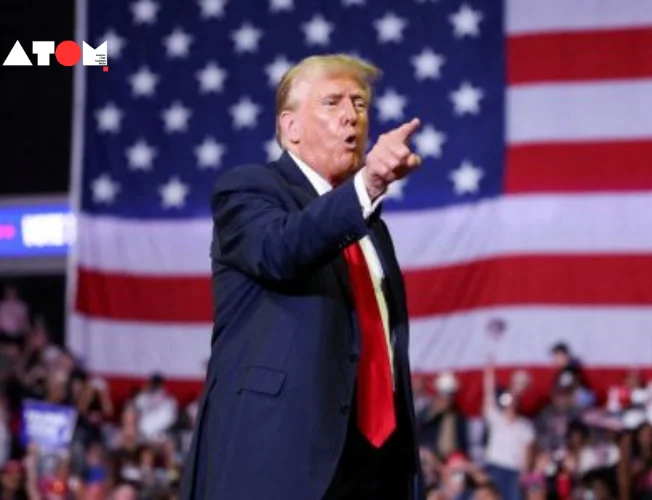In a landmark decision, the US Supreme Court ruled on Monday that former President Donald Trump cannot face prosecution for actions taken within his constitutional powers as president but can for private acts, marking a significant legal precedent on presidential immunity.
Key Points of the Ruling
Chief Justice John Roberts, in a 6-3 decision, overturned a lower court’s dismissal of Trump’s immunity claim regarding federal criminal charges linked to his efforts to contest the 2020 election results against Joe Biden. The majority opinion, supported by conservative justices, emphasized the need for some level of immunity to safeguard presidential duties from undue legal interference.
Implications for Trump’s Legal Challenges
The ruling’s impact delays any potential trial on election subversion charges brought by Special Counsel Jack Smith, effectively pushing resolution beyond the upcoming November 5 election. This decision centers on distinguishing between Trump’s official actions, where immunity applies, and private activities, where legal accountability remains intact.
Detailed Analysis of the Court’s Decision
The Supreme Court clarified that while a former president enjoys absolute immunity for official acts within their constitutional authority, acts outside this scope are subject to scrutiny and potential prosecution. This nuanced approach aims to balance executive power protection with accountability to the law, setting a precedent for future presidential legal challenges.
Reaction and Future Legal Proceedings
Donald Trump expressed satisfaction with the decision, asserting its importance for constitutional integrity and democracy in a social media statement. Critics, however, including dissenting liberal justices Sonia Sotomayor, Elena Kagan, and Ketanji Brown Jackson, criticized the ruling as overly protective, creating what they described as a “law-free zone” around the presidency.
Conclusion
The Supreme Court’s ruling on Trump’s immunity establishes a significant legal framework concerning the limits of presidential authority and accountability post-office. As legal proceedings continue to unfold, this decision will shape ongoing debates on executive privilege and the intersection of presidential powers with legal oversight.
Read more: Marketing News, Advertising News, PR and Finance News, Digital News





